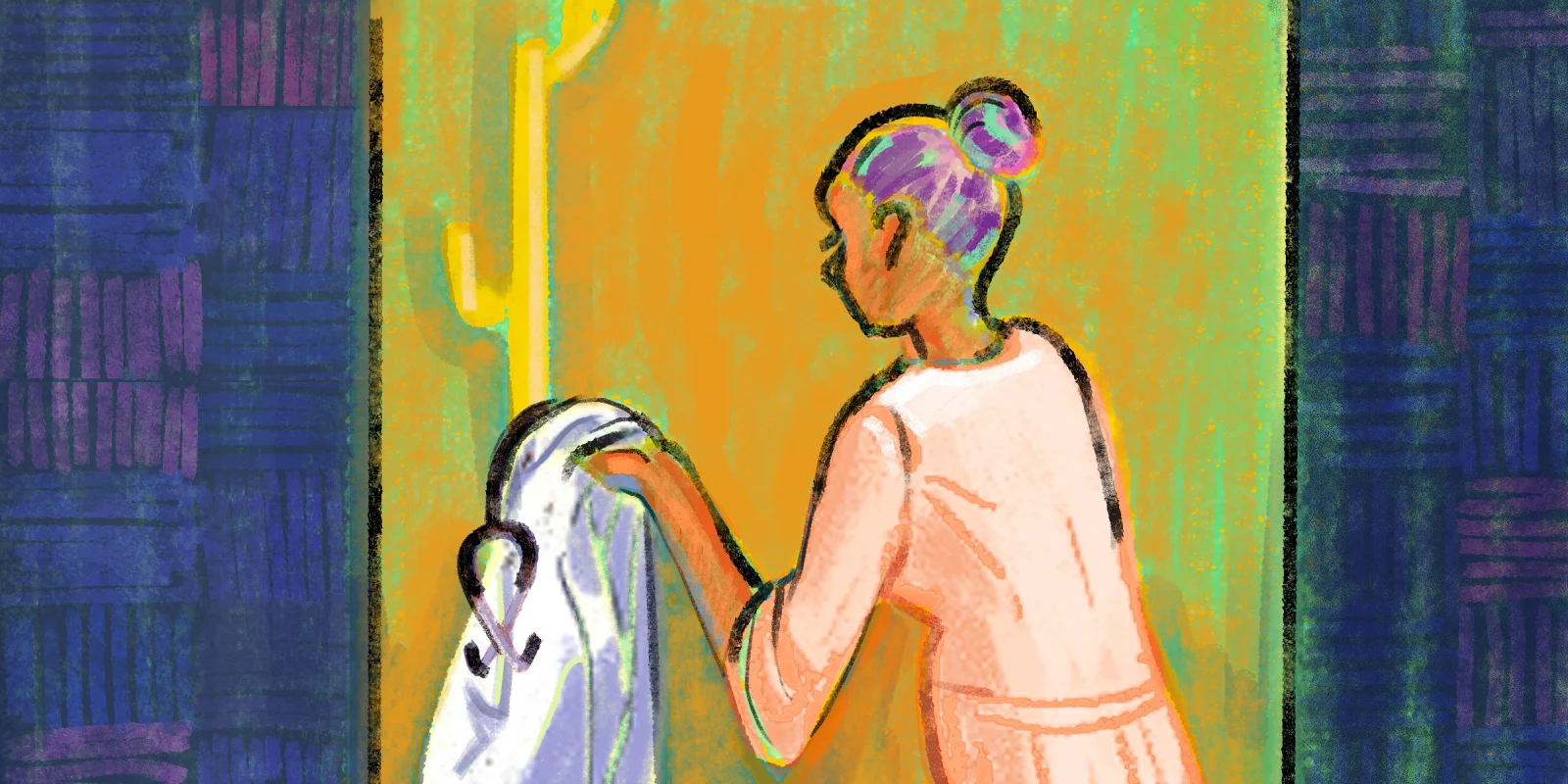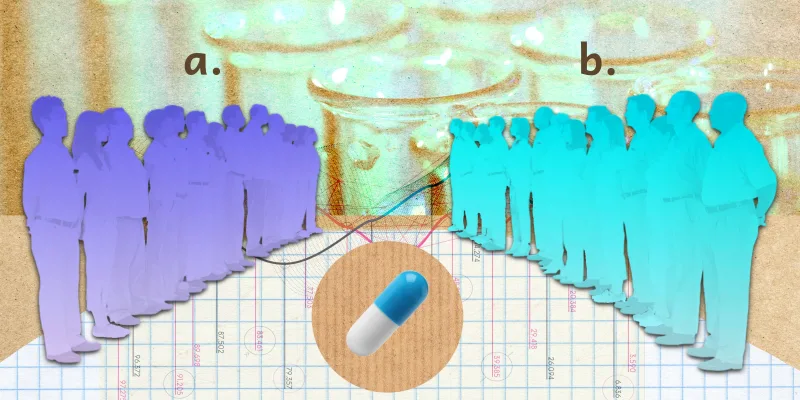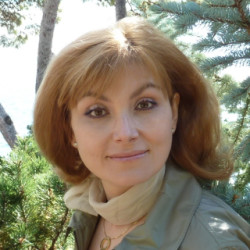As female physicians, we are often expected to wear many hats — doctor, teacher, mentor, and sometimes even therapist to our patients. The weight of these roles, compounded by the societal pressures women face, often makes it difficult to set boundaries. We’re taught from early on in our medical careers to say "yes" to every opportunity, task, or request in order to prove our worth. But this constant need to please can quickly lead to burnout, as we stretch ourselves too thin, putting our health and well-being at risk. The ability to say "no" is not a sign of weakness or incompetence; rather, it’s an essential skill for self-preservation and professional sustainability.
The medical profession is inherently demanding. Long hours, high expectations, and emotionally draining work are part of the deal. Yet, for female physicians, there is an added layer of complexity. We often feel the need to work harder to demonstrate our value in a male-dominated field, and this pressure can cause us to take on tasks that do not serve us in the long run. Whether it’s saying yes to an extra shift, agreeing to additional administrative work, or volunteering for projects that fall outside our primary expertise, we often fear the consequences of saying no. As outlined by Lyubarova et al. in their 2023 study on physician burnout, gender differences in burnout are driven by unique stressors placed on female physicians, including workplace inequities and the added expectation of taking on non clinical tasks. These expectations, when unmet by institutional support, further increase the risk of burnout.
During the Women in Medicine Summit, Dr. Shola Ezeokoli delivered an empowering session titled, "Saying No: Why We Don’t, Why We Should, How We Can!" Her insights hit home for many of us in the audience, who have felt the immense pressure to take on more tasks than we can manage. Dr. Ezeokoli emphasized that the reluctance to say no often stems from fear — fear of being seen as uncommitted, less competent, or even unkind. However, she challenged us to rethink this notion. Learning to say no is a form of self-care and an acknowledgment of our value as professionals. We do not need to take on every additional task or responsibility to prove our dedication. Instead, setting boundaries allows us to focus on what we do best, excel in our roles, and, most importantly, protect our mental and emotional health.
One of the most compelling points Dr. Ezeokoli made was how saying yes to too many things can dilute our impact. When we spread ourselves too thin, we cannot give our best to the most important aspects of our work — caring for our patients, advancing in our medical knowledge, and maintaining our well-being.
By overloading our schedules, we compromise our own health and the quality of the work we deliver. Yeluru et al. discussed this same issue in their article, "Physician Burnout Through the Female Lens: A Silent Crisis," pointing out that female physicians face burnout at a higher rate due to these overwhelming expectations and the challenge of balancing professional and personal responsibilities. Learning to say no isn’t just about protecting ourselves; it’s also about ensuring that we can give our best to the tasks that truly matter.
Burnout isn’t just a personal issue — it’s a systemic one. A 2019 study published in The Lancet found that nearly 50% of U.S. physicians experience some degree of burnout, with women physicians being disproportionately affected. Burnout not only impacts our physical and mental health but also affects patient care and the health care system as a whole. The added expectation for women to "do it all" exacerbates this issue. By setting boundaries, we protect ourselves from burnout and ensure that we can continue to provide high-quality care for our patients.
The time has come for female physicians to recognize their own value and prioritize their well-being by learning to say no without guilt. Dr. Ezeokoli offered practical strategies during her talk, such as pausing before responding to requests, considering whether the task aligns with your personal and professional priorities, and seeking mentorship from colleagues who have mastered the art of boundary-setting. Saying no doesn’t have to be confrontational or negative; it can be a thoughtful, professional response that respects both your time and the requestor’s needs.
Moving forward, female physicians must take collective action to create a culture that values balance over burnout. We should seek out supportive networks and join organizations that empower women in medicine, like the Women in Medicine Summit or the American Medical Women's Association. These groups provide invaluable resources, mentorship, and advocacy for female physicians navigating these unique challenges. By supporting one another and fostering environments that value balance, we can reduce burnout and create a healthier, more sustainable future for women in medicine.
In a field as demanding as medicine, learning to say no may be one of the most powerful tools we have. By protecting our energy, we not only protect ourselves, but we also become better, more effective physicians. It’s time for female physicians to embrace the power of no — not as a refusal, but as an affirmation of our worth.
What's something you recently said "no" to? Share your boundary-drawing in the comments.
Prabhjyot is a fourth-year medical student dedicated to patient advocacy and brings this commitment into her work as an on-call hospice LVN, providing compassionate, end-of-life care. Outside of medicine, Prabhjyot enjoys spending time with family, being in nature, and rooting for the Sacramento Kings. She looks forward to pursuing a career in primary care or psychiatry, where she can continue serving patients with a compassionate, holistic approach.
Illustration by April Brust and Jennifer Bogartz







